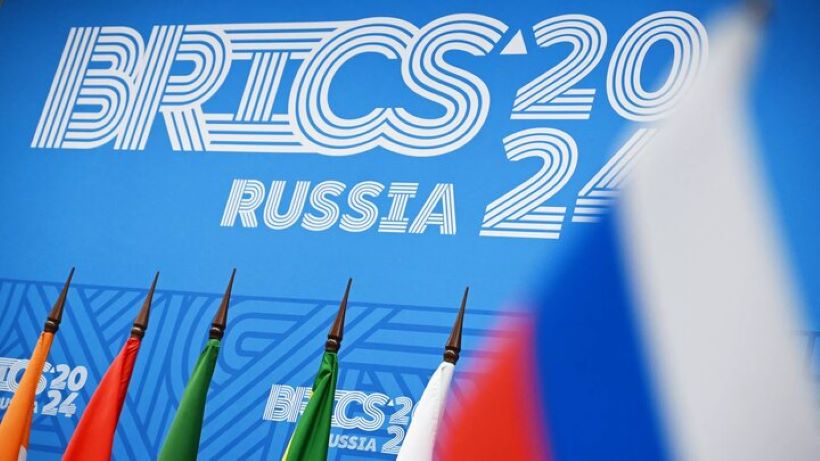(4 Minutes Read)
Echoed at the BRICS meeting was the clarion call for revamping and reforming the multilateral organizations, particularly the World Trade Organisation (WTO), and the recalibration of trade rules to enable industrialization to benefit more countries that have bypassed the development of many countries due to the over-dominance of the developed world
African leaders attending the summit of BRICS nations flagged issues that needed international attention. The expanding economic bloc, which started with a few countries – Brazil, Russia, India, China, and South Africa- has grown to include Iran, Egypt, Ethiopia, the United Arab Emirates, and Saudi Arabia subsequently.
Importantly, Turkey, Azerbaijan, and Malaysia have officially submitted membership applications. Many other countries have shown interest in joining as well. It is important to take notice of the growing interest in the BRICS across the South bloc (developing countries). Analysts say that it was to amplify to the world that a country, that is a member or seeking membership is no longer a developing one but eligible to be treated as an emerging economy, a group lying between developed and developing economies.
There are also geopolitical issues involved. That mostly stems from the inadequacies of the present international architecture of governance. The current international system is not limited to political and security issues. It extends to economic and development issues. Escalation of the debt problem and the lack of necessary funding are among the problems preventing developing countries from quick economic growth.
Echoed at the BRICS meeting was the clarion call for revamping and reforming the multilateral organizations, particularly the World Trade Organisation (WTO), and the recalibration of trade rules to enable industrialization to benefit more countries that have bypassed the development of many countries due to the over-dominance of the developed world. Emerging countries have been asking for a fair system to boost their trade with the developed world and sustained investments from the rich countries in sectors other than extractive industries like manufacturing and services. Implicit in that demand is the need for setting up units for value-adding the mined goods from the developing world to create more employment and income for the local people. In tandem with that, the current BRICS summit echoed the need for launching common development programs in the fields of exports, industrial cooperation, and technology exchange.
BRICS in Russia is taking place close on the heels of the UN Security Council meeting held in New York, which flagged the need for giving Africa more representation in the UN bodies especially in the Security Council. Leaders from Africa pitched for BRICS to evolve a shared agenda for the group, which includes the three largest economies in the world -China, India, and Russia- and have more than 35% of the world population.
Geopolitical issues like the crisis in Gaza, an oblique reference to Ukraine, the continuing war in Sudan, etc also echoed at the BRICS meeting, which will end on 24th October and is billed as the largest gathering of world leaders in Russia in decades and comes at a time when the West is attempting to isolate Moscow over its actions in Ukraine.
More than the usual hyperbolas, and bonhomie statements what stood out was the realization of the economic opportunities within the BRICS member countries. The proposal to establish a joint grain exchange and a BRICS Investment Platform augurs well particularly for countries in Africa, which are still at the receiving end when movements of grain traffic are disrupted due to war or other reasons. This will serve as a robust mechanism for bolstering the national economies and providing financial support to nations in the global South and East, which is perhaps the most pricy takeaway of the summit, which was attended by representatives from 36 countries. Equally significant is the need for a “balanced approach” to climate issues, ensuring that the climate agenda does not impede market competition.
Read Also:
Not to fall behind, by mustering the support of 36 like-minded countries, the host Russia and more particularly Vladimir Putin has told the world that despite the Ukraine war and the ravages it had created, Russia still can be the rallying point for countries to group and gear up strategies against the developed world.





